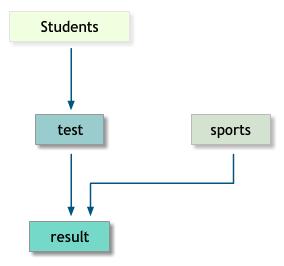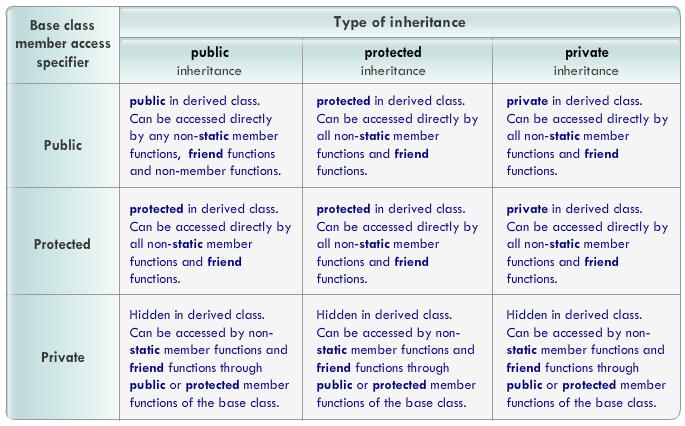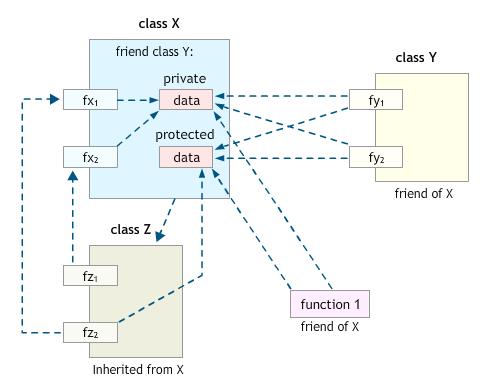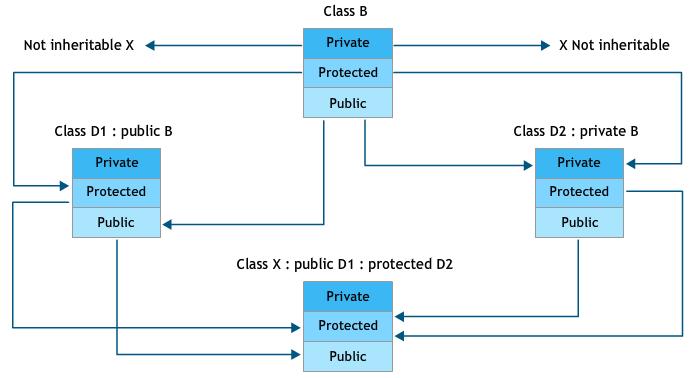Inheritance and Access Control
- Base Class Access Control
- Ways of Inheritance
- Access Mechanism in Classes
- Effects of Inheritance on Members Visibility
- Member Access in Base Class
- Multiple Multilevel Inheritance
- Inheritance Summary
- Ways of Inheritance
- Public remain public
- Private remain private
- Protected remain protected
- Protected members are inherited as private members
class DerivedClass:access_specifier base_class{
};
class Car:public Vehicle{
};
- Specified between two classes as:
class Car:public Vehicle
- Base class Private members
- manipulate through inherited member functions
- not accessible directly
- still inherited
- Base class Public and Protected members
- inherited with original member access
- friend functions not inherited
- Specified between two classes as:
class Car:protected Vehicle
- Base class Private members
- same as public inheritance
- Base class Protected members
- retain the protected feature in the derived class
- Base class Public members
- becomes protected in the derived class
- friend functions not inherited
- Specified between two classes as:
class Car:private Vehicle
class Car: Vehicle
- Base class Private members
- same as public inheritance
- Base class Protected and Public members
- becomes private in the derived class
- friend functions not inherited
Access Mechanism in Classes
Effects of Inheritance on Members Visibility
Member Access in Base Class
| private | protected | public |
|---|---|---|
|
Always inaccessible regardless of derivation access |
Private in derived class if you use private derivation |
Private in derived class if you use private derivation |
|
Protected in derived class if you use protected derivation |
Protected in derived class if you use protected derivation |
|
|
Protected in derived class if you use public derivation |
Public in derived class if you use public derivation |

Inheritance Summary

Multipath Inheritance Ambiguity
- Log in to post comments


